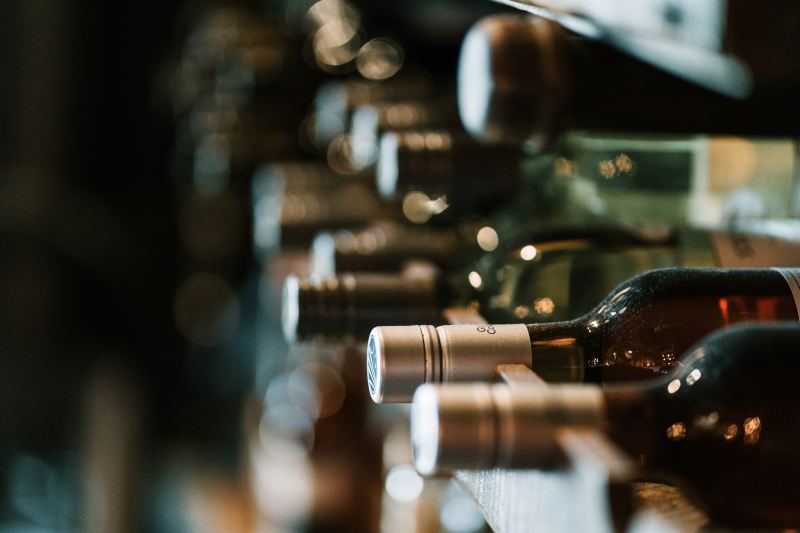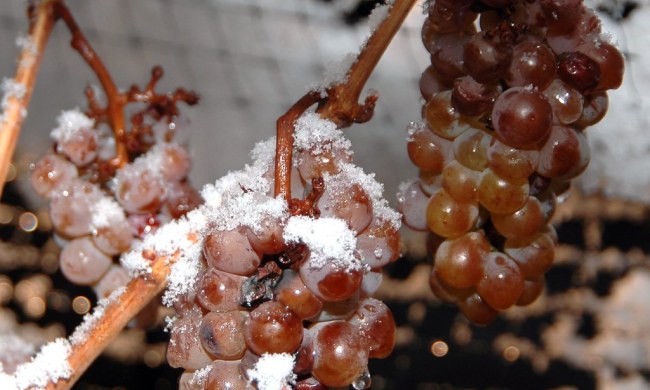
While we here at The Manual love our wines from all across the globe, there is something particularly magical about French varietals. Grapes that grow directly from the soil belonging to the most romantic and passionate of countries have a charm that’s uniquely mysterious and beautiful. French wines are adored not just because of their often exquisite and unparalleled notes but because opening a bottle can send you – even just for a moment – to one of the most enchanting places on earth. So if you, like us, find yourself on the more romantic side of wine appreciation, you may find this article difficult to swallow.
France is about to destroy 80 million gallons of French wine. That’s enough to fill more than 100 Olympic-sized swimming pools. Not only that, but the country is spending about $216 million (USD) to do it. As berserk as this sounds, unfortunately, it seems to be the most rational thing to do.
Due to a drastic drop in wine consumption, production costs of wine have increased immensely. Pair that with heavy inflation, remaining turbulence from the COVID-19 pandemic, weather unpredictability brought on by climate change, and political disruptions like the war in Ukraine, and the wine industry – especially in France – is suffering big time. These combining factors have left many wine producers in France with a surplus of wine that they cannot price high enough to make a profit, and destroying that surplus is, oddly, the most economically smart choice.
“We’re producing too much, and the sale price is below the production price, so we’re losing money,” Jean-Philippe Granier from the Languedoc Wine Producers’ Association told Agence France-Presse. According to the Washington Post, France’s Ministry of Agriculture says that the goal of destroying the excess supply is to prevent a price collapse and to give wine producers a source of revenue again. Producers will use the $216 million to distill their wine into pure alcohol. It will then be used to create other products like cleaning supplies, hand sanitizer, and perfume.
Olivier Gergaud, a professor of economics at France’s KEDGE Business School who researches food and wine, told the Washington Post, “We need to think in terms of, you know, long-run adaptation to these changing conditions. We need to help this market to transition to a better future, maybe with more wines that would respect the environment. Adaptation to climate change is a real challenge.”



